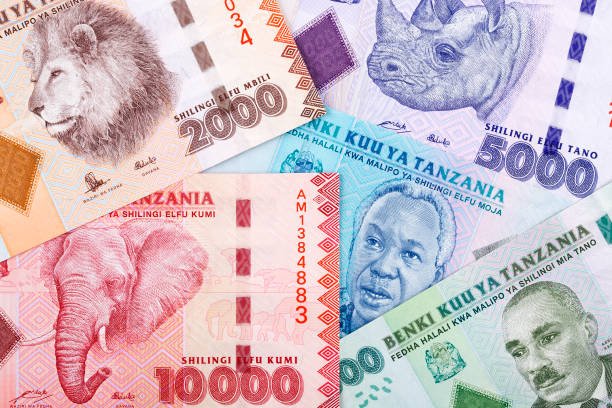The Tanzanian shilling has proven to be one of East Africa’s most resilient currencies, supported by soaring gold prices and a strong performance in the country’s export sector.
Analysts and officials from the Bank of Tanzania credit the shilling’s stability to rising global demand for gold and growing foreign exchange inflows.
Gold prices have recently surpassed $4,000 per troy ounce, reaching historic highs as investors worldwide seek safe-haven assets amid geopolitical tensions and economic uncertainty. Since the beginning of 2025, gold has risen more than 50 percent, a surge attributed partly to U.S. political developments and ongoing global conflicts, including those in Gaza and Ukraine.
For Tanzania, Africa’s seventh-largest gold producer, this surge has translated into record export earnings. Data from the central bank shows that gold exports for the year ending August 2025 reached $4.3 billion, up from $3.2 billion the previous year — a remarkable 37.5 percent increase. This milestone marks the first time the country’s gold exports surpassed the $4 billion threshold, highlighting the metal’s growing role in supporting the national economy. (Mining industry of Tanzania)
The shilling’s resilience reflects more than just favorable global prices. The Bank of Tanzania has strategically managed foreign exchange reserves, ensuring that gains from gold exports strengthen the domestic currency and provide a buffer against regional volatility. This approach has helped maintain stability despite pressures on other East African currencies.
Also Read; Ceasefire Brings Hostage Release and Renewed Hope for Peace
Economists caution, however, that the sustainability of the shilling’s strength depends on maintaining gold production and managing export revenues effectively. While foreign investments and multinational mining operations contribute to high output, much of the earnings are often repatriated, limiting the full benefit to the local economy.
Looking forward, the Tanzanian shilling is expected to remain relatively stable as long as gold prices stay high and export performance continues to improve. Policymakers are optimistic that the current environment offers an opportunity to reinforce macroeconomic stability, support domestic growth, and provide confidence to both investors and ordinary citizens.
In a broader sense, Tanzania’s recent experience underscores the interplay between global commodity markets and domestic economic resilience. By capitalizing on favorable conditions, the country is not only strengthening its currency but also demonstrating how resource wealth can contribute to broader economic stability.







